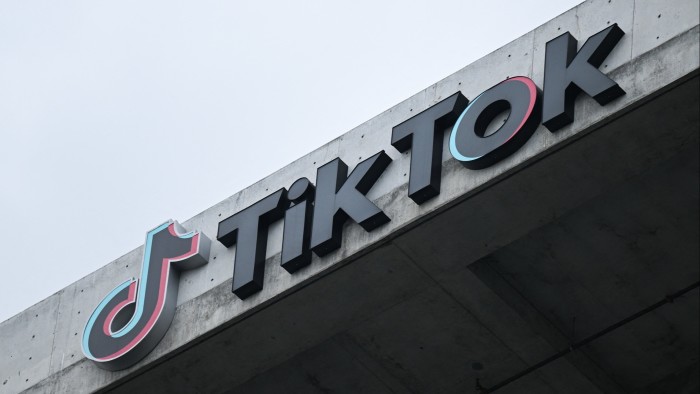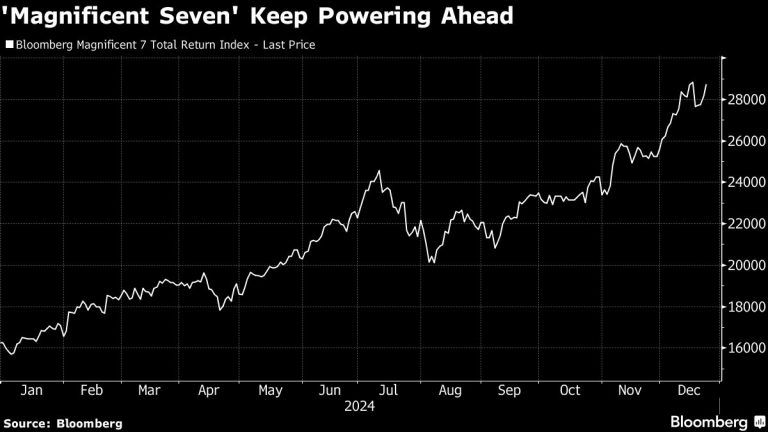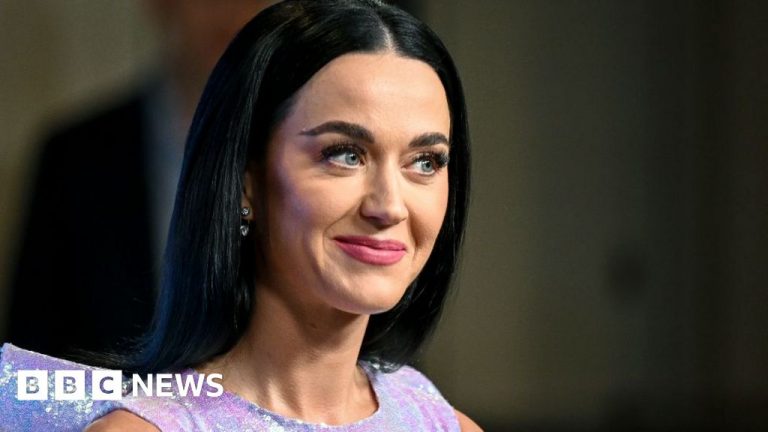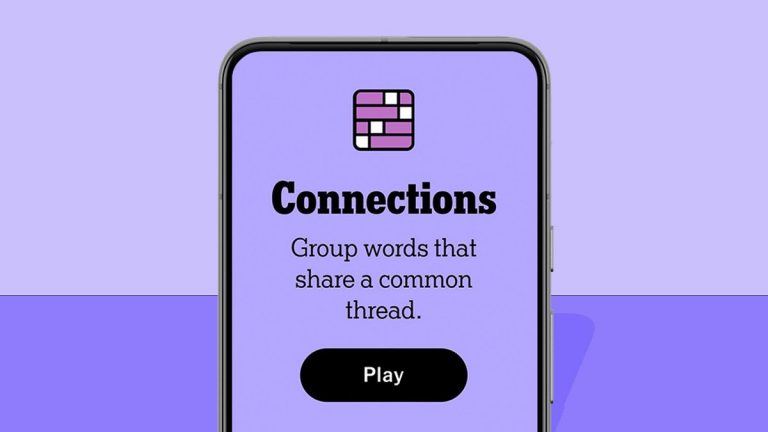Unlock the Editor’s Digest for free
Roula Khalaf, Editor of the FT, selects her favourite stories in this weekly newsletter.
The US Supreme Court on Wednesday said it will hear TikTok’s appeal against a divest-or-ban law that will determine the video app’s fate in the US.
The ByteDance-owned app is expected to be banned for the company’s 170mn users in the US if it does not divest from its Chinese parent under a law due to come into force on January 19, the day before Donald Trump’s inauguration as president.
The Supreme Court said it would take up the challenge and hear oral arguments on January 10 regarding the law, which US officials proposed because of national security concerns over the company’s Chinese roots. Both parties’ opening briefs are due by December 27.
TikTok asked the Supreme Court to hear its case after a US appeals court rejected its challenge to the law, as well as its subsequent request to halt the measure pending further court proceedings.
TikTok’s fate in the US now rests in the hands of the country’s top court — and the app is also looking to Trump, who has said he will “save” the platform in an attempt to preserve “competition” with Mark Zuckerberg’s Meta, which he has criticised for allegedly censoring rightwing voices.
In a sign of intensified lobbying, TikTok chief executive Shou Zi Chew met Trump at Mar-a-Lago earlier this week, said two people familiar with the matter. The president-elect also said publicly that he had a “little bit of a warm spot” for the app, citing his overperformance with young voters in November’s election.
However, Trump has not made clear the mechanisms he would use to avoid a TikTok ban, or what changes, if any, the app would have to make to its governance or ownership in order to satisfy any remaining concerns he might have.
The Department of Justice has argued Beijing could be use the app for propaganda and espionage purposes through its Chinese parent.
TikTok has deemed the law, which passed with bipartisan support in Congress, unconstitutional and argued a spin-off would be technically “unfeasible” in the law’s timeframe. Beijing has also said it opposes a sale.
Nevertheless, some potential buyers and partners have been circling. Frank McCourt, an American media and sports businessman, has established a consortium of investors that would bid for TikTok through his non-profit entity, Project Liberty, which was set up in 2021 to advocate for a more equitable internet. Its investor group had made informal commitments of more than $20bn of capital.
























+ There are no comments
Add yours